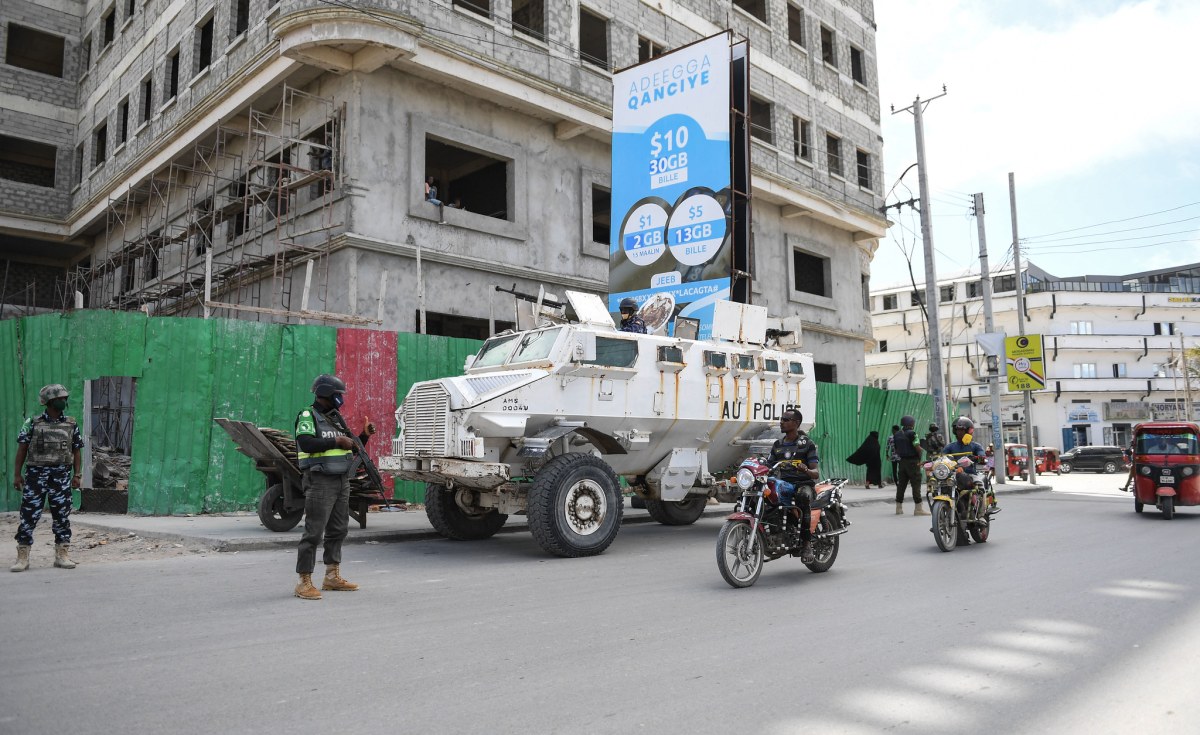The South African Revenue Service declared a statement of intent towards enhancing voluntary compliance by High Wealth Individuals in the country, after it established a dedicated HWI unit in 2021.
And a presentation by the head of the Revenue Service’s HWI unit has confirmed which wealthy taxpayers the service is targeting. Director Natasha Singh said that her unit is focussing on individuals with gross assets worth R75 million.
Singh was speaking at an event last week, hosted by the South African Institute of Taxation in collaboration with Tax Consulting SA and Standard Bank. She said that SARS is targeting wealthy individuals in South Africa and the legality of certain offshore structures.
The unit has a permanent headcount of 55, with plans to increase this number over the short to medium term, including a multidisciplinary team specialising in wealth structuring and the use of special purpose vehicles, trusts, shares, structures, and instruments.
According to Jashwin Baijoo, legal manager for Africa Tax & Compliance at Tax Consulting, SARS has unequivocally stated that the strategic objective of the new unit is to ‘detect HWI taxpayers who do not comply and make non-compliance hard and costly‘.
“The lack of subtlety here evidences that taxpayers face a confident, bolstered revenue authority that will not hesitate to impose life-changing sanctions on wilfully non-compliant taxpayers,” he said.
Baijoo said that SARS is making good use of South Africa’s position as an OECD member – it subscribes to the voluntary exchange of information to gain open access to all taxpayer financial information from a number of financial and legal bodies, including the Master’s Office, CIPC, and banks.
Targeted approach
At the beginning of 2022, SARS’ HWI unit selected 1,500 wealthy individuals and their related entities to be investigated; however, it says it now wants to extend its reach to include more individuals and families.
The tax collector has proposed that all provisional taxpayers with assets above R50 million be required to declare specific assets and liabilities at market values in their 2023 returns.
The tax body has previously indicated that it would also target non-compliant wealthy taxpayers with assets abroad. It has been on a massive drive to take on taxpayers with unexplained sources of wealth and has bolstered its systems and auditing capacity to draw these persons and entities out.
However, earlier in August, SARS commissioner Edward Kieswetter said that despite its boosted capacities, the revenue service is still hamstrung by regulations.
He said that the revenue service could use algorithms to investigate information regarding property, vehicles and beneficial ownership – identifying instances of unexplained wealth – but it is limited in that it can only execute tax audits and cannot conduct ‘a fishing expedition’ to dig deeper.
Kieswetter said South Africa could adopt new laws – like those in the UK – that could compel an individual to reveal the sources of their unexplained wealth. Such laws could enable deeper investigation, he said.
The change could also assist corruption watchdogs such as the National Prosecuting Authority, the Hawks, the Financial Intelligence Centre and the Financial Sector Conduct Authority, he said.
President Cyril Ramaphosa on Monday said that he was supportive of SARS’ investigative capacities, particularly in conducting lifestyle audits on those with unexplained wealth.
He noted that over the last year, SARS completed 25 lifestyle audits to the value of over R450 million to resolve discrepancies between declared income and an individual’s lifestyle.
Read: Proposed changes for how alcohol is taxed in South Africa




















Discussion about this post